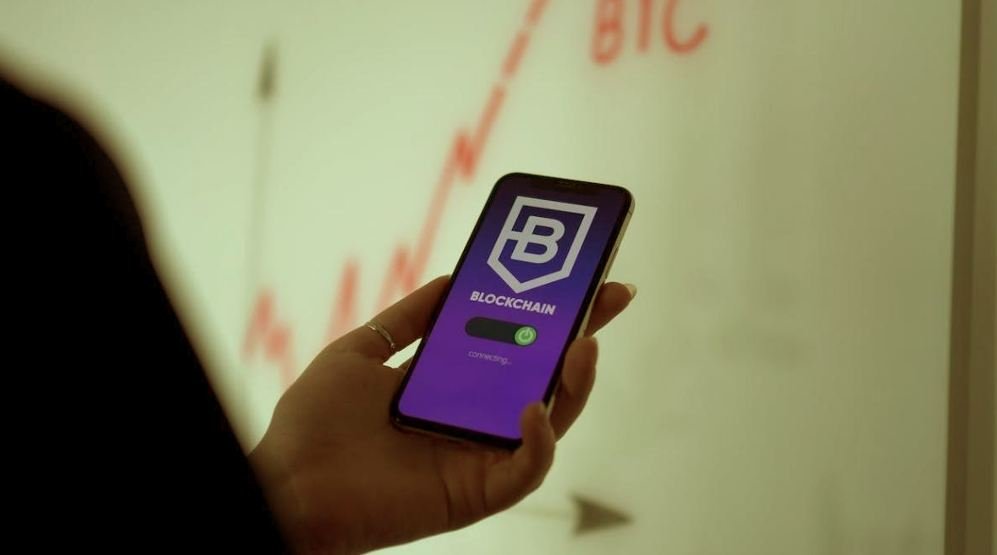The Best and Safest Ways to Store Bitcoin
5 min read
Cryptocurrencies have experienced different surges in popularity. After a peak in late 2017, they faded into obscurity for a few years, before resurfacing in 2019, continuing to reach new heights in 2020 and all through to the present time. The recent years have long surpassed the highest values of the previous years, showing that crypto is here to stay. And perhaps not one is more popular than Bitcoin, the blueprint after which all other digital currencies were created.
Bitcoin works on a simple principle, that of the blockchain. This decentralized ledger processes peer-to-peer network transactions without the assistance of any third-party service or entity such as a brokerage or bank. The lack of a central clearing authority makes transactions faster and secures your data given that you’re the only one in full possession of it. However, the drawback is that you need to take extra precautions to make sure your funds are secure. Any action taken within the blockchain is typically permanent so if you lose your cryptocurrency getting it back is impossible.
Here are some of the safety measures you can take so you don’t have to worry about your Bitcoin being unsafe.
Protect your computer
When it comes to trading Bitcoin, you want to check the Bitcoin price chart so you have a better idea about the best times when you can buy or sell BTC. Although the prices are much more stable compared to altcoins, you don’t want to start any trade if you’re completely in the dark about the fluctuations in price. Since Bitcoin can also be used as a store of value, and therefore has the potential to be just as useful in transactions, you want to choose your moments well in order to maximize the amount of your investment.
However, when it comes to trading itself, you’ll need to make sure you’re protecting your computer. Although hacker attacks are probably the first thing that come to your mind when you’re thinking about losing your crypto, the truth is that system failure is just as often the culprit. The truth is that mining and trading require large amounts of computational power and this can put a lot of strain on your PC. The high temperatures can reduce your device’s lifespan and, in extreme cases, will even cause it to shut down completely. Consistent usage harms the hardware components, so you should be sure to give your computer must-needed cooling periods. This way you ensure that it’s not going to collapse and cause you to lose all your Bitcoin.
Choose a wallet
When you’re trading Bitcoin, you’ll have to get a wallet. There are many types to choose from, depending on your preferences and expectations. Generally speaking, wallets are split into two distinct categories: hot and cold wallets. The simplest way to differentiate between the two is to remember that the former are connected to the internet, while the latter are not.
No matter what type of wallet you choose, they both serve the same function of storing your private keys. These codes are essential for your investing activity. If you lose them or they become compromised you risk losing access to your crypto and will have to start trading from scratch. Unlike a traditional, physical wallet, a crypto wallet doesn’t store the actual currency. Your Bitcoin continues to exist on the blockchain, and anytime you want to perform any kind of transaction you’ll have to access your funds via keys.
For this reason keeping the integrity of the device you choose intact is of paramount importance. Some traders choose to not use an independent wallet and use blockchain storage, in exchange for a small fee. However, if you want to be on the safer side of things, you’ll want to feel like you’re in full control of your crypto. To achieve this, you’ll have to decide which wallet works best for you.
Hot wallet
Also referred to as online wallets, this digital pocketbook is a software that runs on internet-connected devices such as your computer, tablet or smartphone. They are very convenient because they ease access to your assets. You can check your wallet as many times as you need when you’re using an online solution, but their advantages are also their Achilles’ heel. Internet connectivity can be a hazard because hackers can have an easier time accessing your keys and wreaking havoc.
But there are ways to stay safe if you’re determined to use a hot wallet. First of all, you should be careful about discussing anything related to your trading undertakings online. Details about exactly how much crypto you possess can be a surefire way to have a hacker transfer all the Bitcoin from your account to theirs. You should also make sure you choose a strong antivirus that can protect you against cryware attacks, a type of malware that seeks to exfiltrate and collect data directly from cryptocurrency wallets.
You should also keep in mind that, as a general rule, hot wallets are more appropriate for smaller amounts of crypto. If your investments are gaining momentum, you may want to switch to a hardware option.
Cold wallet
Cold or hardware wallets are the safer solution. These devices resemble a USB or hard drive. They don’t need an internet connection to function, which makes them more reliable, even for larger amounts of crypto. The offline wallet comes with integrated software that works in parallel so you can examine your portfolio without the risk of exposing your keys.
The only possible drawback is that a cold wallet requires a little more know-how before it is set up. However, the advantages far outweigh the minor frustration you’ll experience, as hardware isn’t likely to come in contact with viruses. This is due to the fact that the private keys don’t come in direct contact with vulnerable software or the internet connection.
Before you start trading in Bitcoin, it’s important to take your time and learn about wallets. Designing a trading strategy is important, but making sure you’ve got the problem of storage in check as well is just as important for your investing career.





